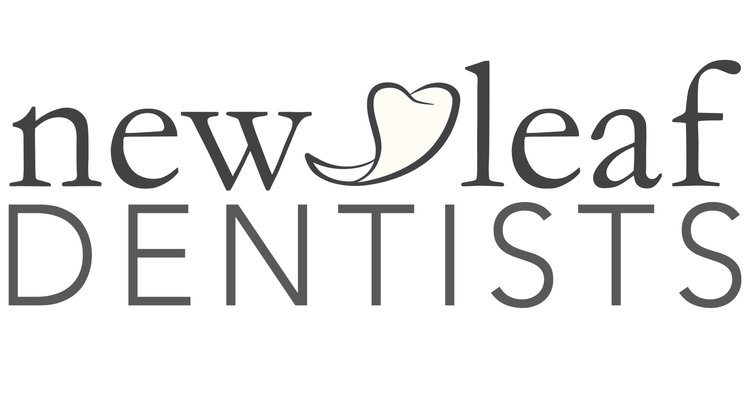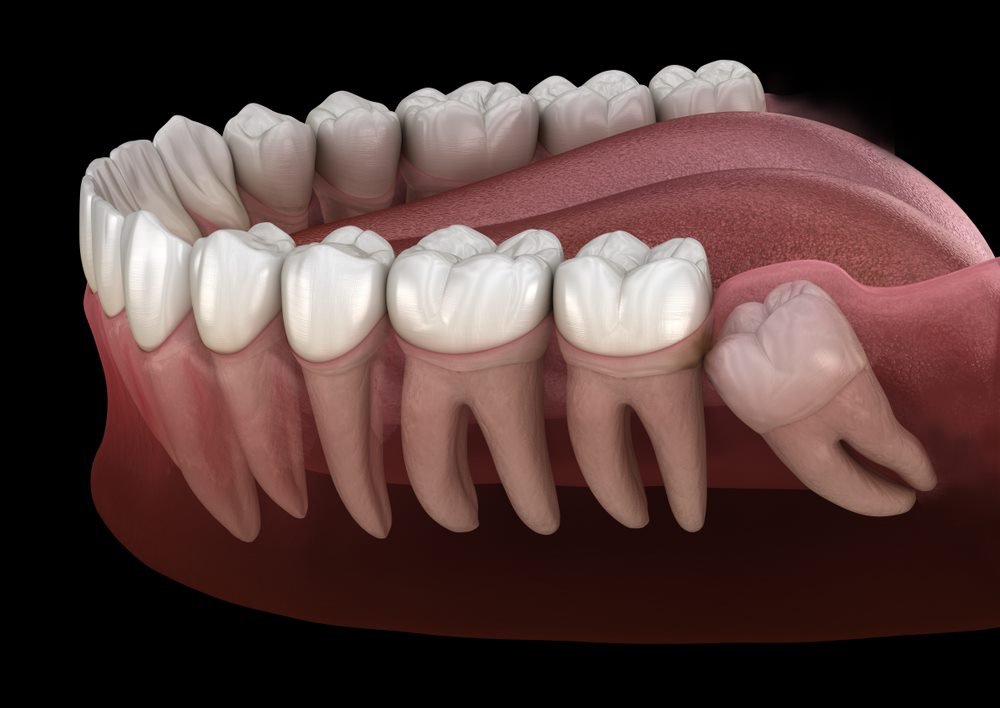Dental veneers are thin facings, typically made of porcelain or composite resin, designed to cover the front surface of your teeth. They’re custom-made to fit your teeth and improve their appearance by altering their colour, shape, size or length.
Read MoreGum disease, also known as periodontal disease, is a serious condition that can lead to tooth loss and other health issues if left untreated.
Read MoreIn a world where fast food and sugary snacks are more accessible than ever, it’s easy to overlook how our diet can impact our physical and oral health.
Read MoreHave you ever felt exhausted upon waking up, even after a long sleep? Or maybe your partner or family told you about your loud snoring? These might be the signs of a common condition called sleep apnoea. In this blog, we’ll help you understand sleep apnoea from the root and explore how your dentist can manage it.
Read MoreIn the past few years before the pandemic, the New Leaf Dentists team have been regular visitors to some local child care centres on the Central Coast to teach the kids the importance of looking after their beautiful teeth from a young age.
Why is it important to educate young children about oral health? Find out on this blog post!
Read MoreCan you believe that the summer holidays are already over and the kids are back to school once again? Are you in the process of filling in your family diary with sports days, swimming carnivals, school camps, excursions, assessments, concerts, etc? Why not check when your family is due for their regular routine dental check-ups? We’d love to be part of your family’s routine this year and beyond!
Read MoreAlthough the emergence of wisdom teeth is a natural part of development, they can often be a nuisance rather than a benefit. Wisdom teeth, otherwise known as the third molars, are teeth that sit behind the second molars and are the last to descend. They typically start to emerge between 17 and 25 years of age, however, they can start to emerge much later than this.
Read MoreClean healthy teeth and a bright smile can do wonders for your confidence. At New Leaf Dentists, we love nothing more than helping patients to love their smiles!
Read MoreRoot canal treatments are usually recommended to patients who suffer from an infected or inflamed nerve, which can unfortunately be a painful experience. The pain caused by the inflammation of the pulp is what patients normally refer to as ‘root canal pain’, which really has more to do with the condition than the treatment.
Read MoreA root canal treatment is an effective and routinely administered procedure by a dentist. Contrary to popular misconceptions, it typically involves a relatively quick and pain-free procedure. Rather than induce pain, it actually helps to relieve any stress and pain that you may be experiencing due to an inflamed tooth pulp. Read on…
Read More









